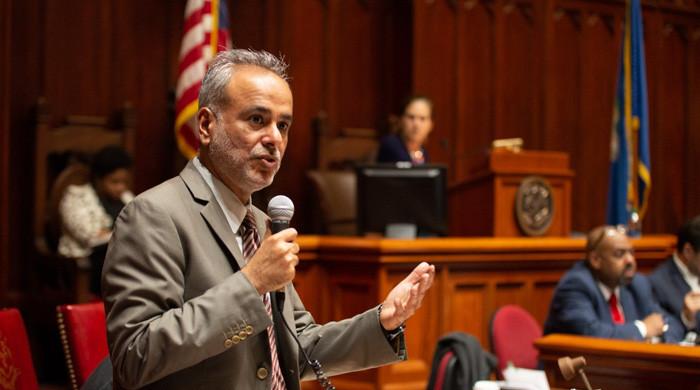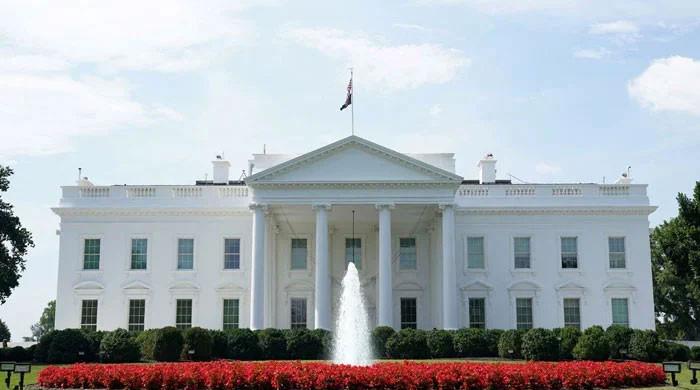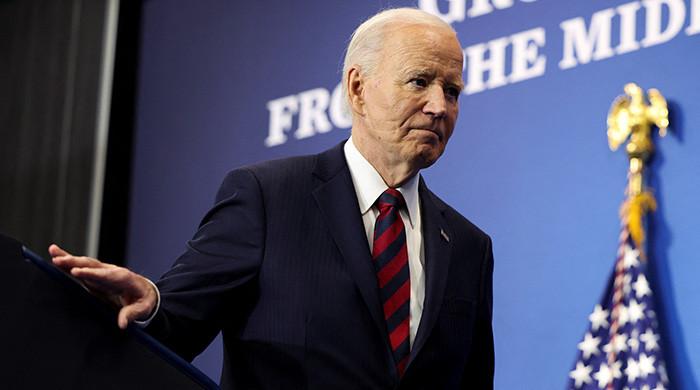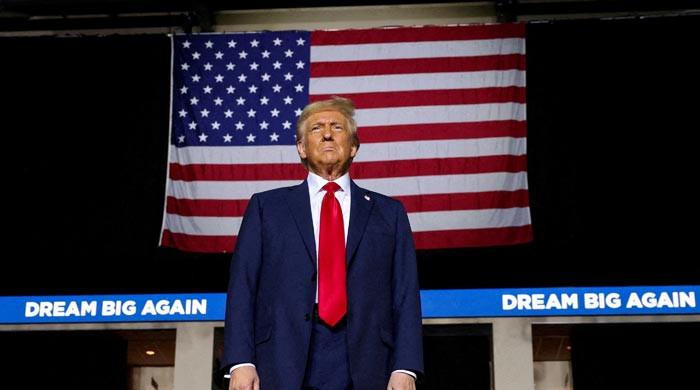Early social distancing in US could have saved more than 35,000 lives lost to COVID-19: research
Simulations show that 55% of 65,000 plus recorded deaths could have been averted if distancing began a week earlier
May 21, 2020
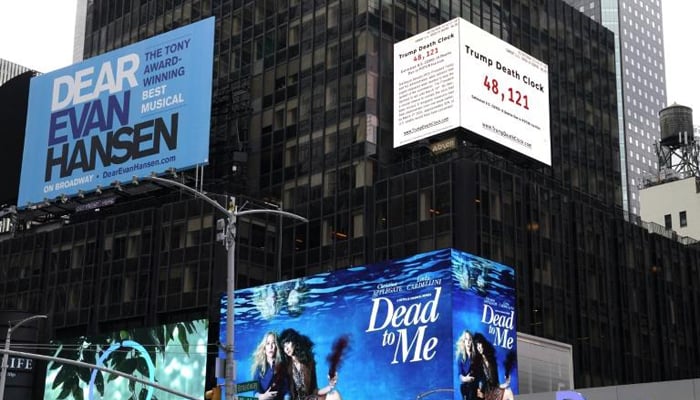
NEW YORK: Researchers from Columbia University have revealed that more than 35,000 lives would have been saved in the US if restrictions on movement and distancing measures had been enforced a week earlier.
Social distancing measures were begun mid-March in the US and according to Chicago Tribune, if they had begun on March 1, "the vast majority of the nation’s deaths — about 83% — would have been avoided".
By that projection, approximately 54,000 fewer people would have died by early May, Chicago Tribune reported.
“It’s a big, big difference. That small moment in time, catching it in that growth phase, is incredibly critical in reducing the number of deaths,” said Jeffrey Shaman, an epidemiologist at Columbia and the leader of the research team.
Even by conservative estimates, researchers said simulations based on several models showed that 61% of the US cases of infection as of May 3 — more than 700,000 — and 55% of the more than 65,000 recorded deaths could have been averted if social distancing and other safety measures had been in place a week earlier.
These researchers said the simulations illustrate the danger of easing lockdown measures too early, as many experts have noted. All 50 US states have begun to reopen, to one extent or another and with encouragement from President Donald Trump, to try to resurrect economies devastated by business closures and layoffs in the pandemic.
"Efforts to further raise public awareness of the ongoing high transmissibility and explosive growth potential of COVID-19 are still needed at this critical time," the researchers wrote.
"Our results also indicate that without sufficient broader testing and contact tracing capacity, the long lag between infection acquisition and case confirmation masks the rebound and exponential growth of COVID-19 until it is well underway," they said.
Ten days ago, a New York documentary filmmaker named Eugene Jarecki set up a billboard in Times Square with what he calls the "Trump Death Clock." It gives the number of deaths that Jarecki says could have been avoided if Trump had encouraged social distancing practices on March 9, rather than on March 16.
His figures are higher than those of the Columbia researchers because Jarecki argues that 60% of US deaths could have been averted by acting a week earlier.
The United States is the country hardest hit by the pandemic, with more than 1.5 million cases of infection and more than 93,000 deaths, according to a tally by Johns Hopkins University.





